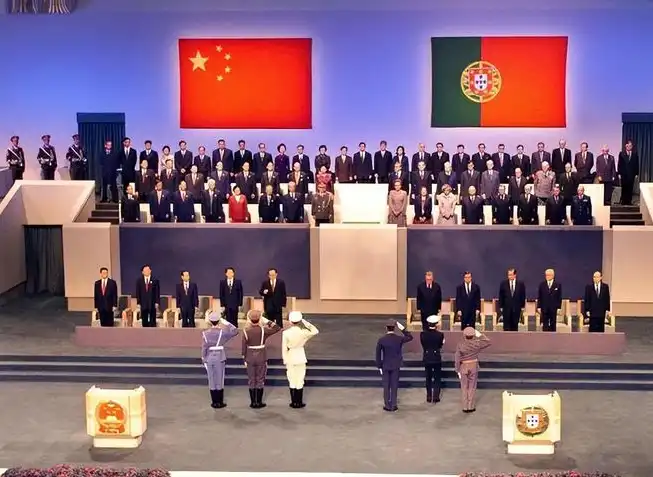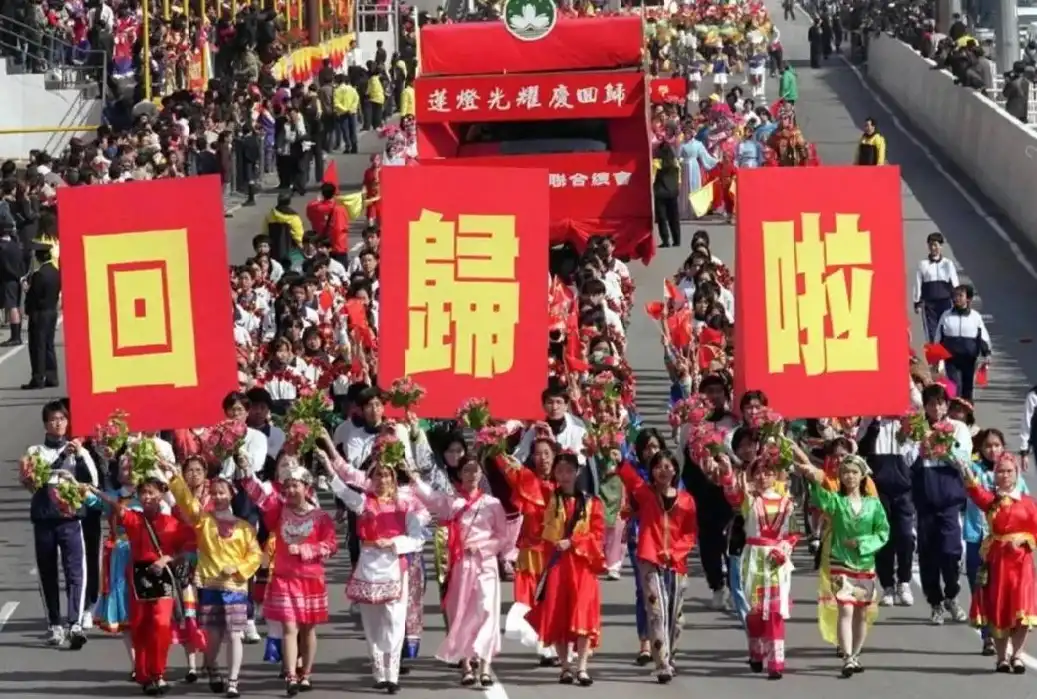Humiliation diplomacy in the late Qing Dynasty:Why Macau's return was rejected
During the late Qing Dynasty, China had to face the demands of the powers to cede territory and pay reparations due to its weakened national strength. That humiliating history is an eternal pain of the Chinese nation.
Macau, which was occupied by the Portuguese, became an epitome of the era. Obviously, the wheel of history often turns in an unexpected manner. In 1975, the Portuguese surprisingly took the initiative to propose the return of Macau, which was undoubtedly a historical turning point.
Yet, bewilderingly, Chinese diplomats have flatly rejected the offer. And why is that?

Those who know the history are aware that, during the late Qing Dynasty, the Chinese were forced to submit to the Western powers and their cannons due to the weakness of the Chinese national power.
Portugal seized the opportunity to occupy Macau, nominally on lease but actually by force. This territory has since been separated from the embrace of the motherland, becoming a constant source of pain for the Chinese people.
However, history is always unpredictable. In 1975, Portugal suddenly offered to return Macao, which was undoubtedly an exhilarating message.
However, unexpectedly, Chinese diplomats chose to refuse. Why is that? Do we not want to recover the lost territory as soon as possible?
In fact, the reasons behind it are far more complicated than we imagine. Portugal was willing to return Macau, but put forward an unacceptable condition:China should acknowledge that Macau was a former Portuguese colony.
This condition seems simple but in fact it hides a mystery. Because once it was admitted that Macau was a colony, according to international law Macau would have the right to choose independence after it was freed from colonial rule. This is absolutely unacceptable to China.

We are deeply aware that Macau is an inherent territory of China, and its history and culture are closely connected with China. We cannot allow this land to disappear from China's map.
Therefore, Chinese diplomats firmly rejected the Portuguese conditions. They knew deeply that it was a matter of national sovereignty and territorial integrity, which could not be compromised in any way.
This decision is undoubtedly the right one. Although we waited twenty-four more years, Macau finally successfully returned to China.
During the past 24 years, China has been growing and developing, and its national strength has been increasing day by day. We have proven with our own strength that China has the ability to reclaim its own territory. The return of Macao is not only a victory for the Chinese people, but also a symbol of China's rise.

Today, when we look back on this period of history, we cannot help but admire the wisdom and decisiveness of Chinese diplomats.
They are well aware that, in the face of national interests, any compromise is a betrayal of the motherland. It is precisely their firm stand and unremitting efforts that have enabled Macao to finally return to the embrace of the motherland.
The history of Macao's return tells us that territorial issues are at the core of a country's interests, and any attempt to infringe upon another country's territorial sovereignty is unacceptable. We must have a firm stance and a clear attitude on this issue.
